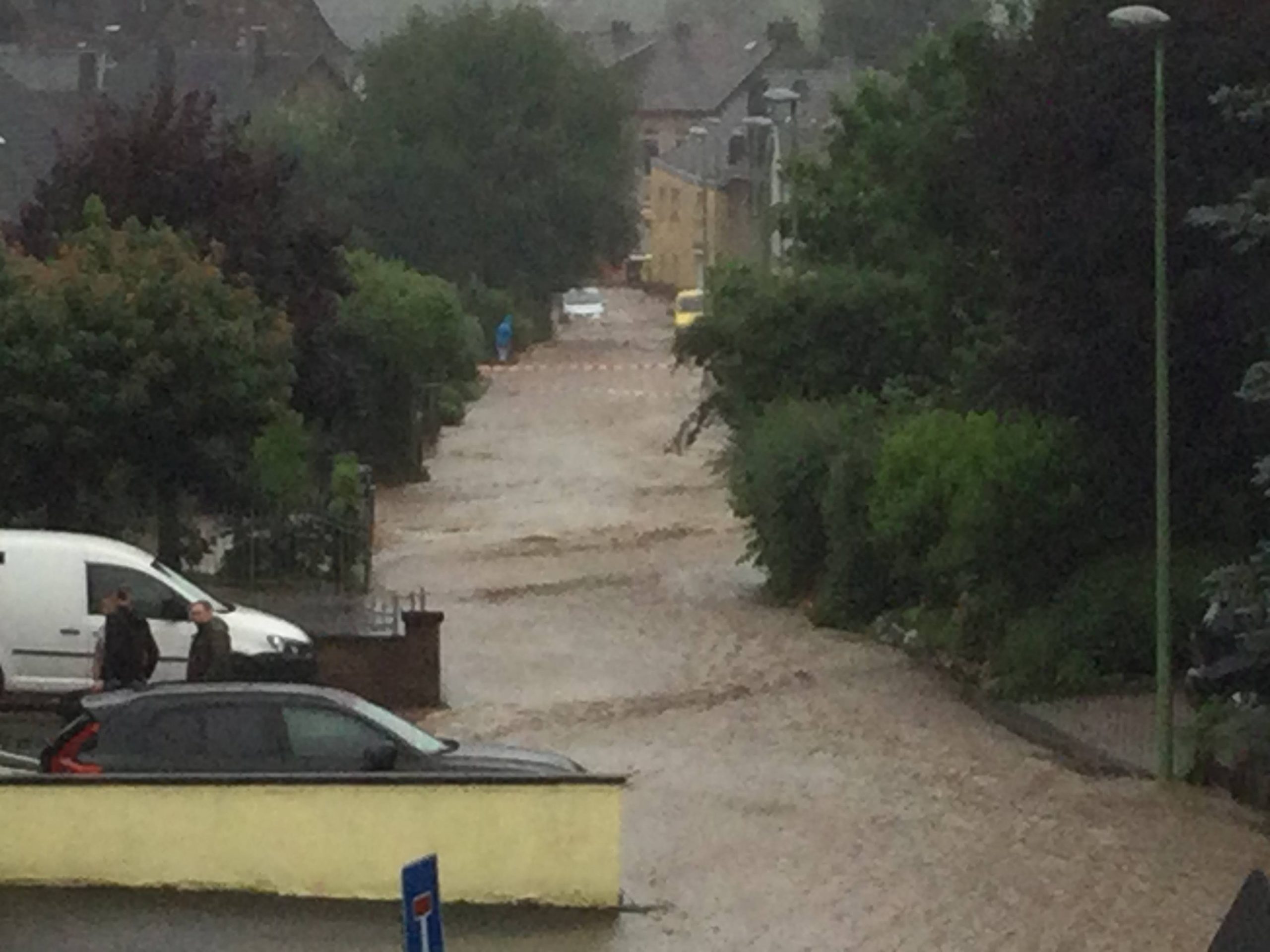
May 27, 2024, by Brigitte Nerlich
Mud, metaphors and politics: Meaning-making during the 2021 German floods
This post is a brief summary of an article Rusi Jaspal and I wrote in the aftermath of the 2021 floods in Germany. Many more floods have happened since then in many more parts of the world. The article was published online in 2023 and has only just come out in print, in June 2024, that is, three years after the events that triggered its writing.
•••
On 14 July 2021, the western states of Germany, Rheinland Palatinate and North-Rhein-Westphalia experienced major flash floods and about two hundred people died. My home village was devastated. It was difficult to make sense of it all. So I sat down with Rusi Jaspal and we explored how those affected (and journalists they spoke to) created meaning from the mayhem of an unprecedented disaster.
We combined thematic analysis with elements of social representations theory to analyse a sample of articles from a national news magazine, Der Spiegel. We chose this magazine as it provided a national picture of the disaster, while local newspapers focused on sometimes very specific aspects of the floods, depending on the geography and socio-political situation in which people, buildings and landscapes found themselves.
We found that social representations of the floods were shaped by two psychological processes: anchoring and objectification. Anchoring refers to the process of making something unfamiliar understandable by linking it to something a group or community already knows about. Objectification is the process whereby unfamiliar and abstract objects are transformed into concrete and ‘objective’ common-sense realities.
The German floods were anchored to something familiar by personifying them as an enemy, monster or wild beast and by framing them metaphorically as natural and mechanical forces, such as tsunamis, bulldozers, juggernauts or steam/road rollers, ‘Walzen’. They were objectified, that is, made concrete, through metonymy, where a causal effect (mud and debris) came to stand for the whole event.
The mud metonymy of the floods also became a metaphor for ‘dirty politics’, as politicians, engaged at that time in an election campaigns, tried to deal with the aftermaths of the floods and with failures of disaster management, such as not sounding the sirens to warn people about the impending floods. While mud became the symbol of the floods and the suffering that followed, sirens and their silence became the symbol of what should have happened to prevent suffering. Mud stuck to politicians and tainted their politics through a chain of metonymies. The silence of the sirens compounded anger and the feeling of powerlessness.
Overall, we observed an intricate intertwining of the floods with German election politics and with feelings of helplessness, insecurity and mistrust.
The use of metaphors to create meaning has been observed repeatedly by analysts of previous European floods; the use of metonymy has so far been overlooked and brings a new perspective to this body of scholarly research. Looking back on such previous research, we found that metaphors seem not to have changed over the last decade or so, a time during which extreme weather events have, however, become more frequent and more visible in every corner of the globe, including not only images of food waters but of mud and mud slides.
On the one hand, floods like the one of 2021 call for actions that demand immediate attention and immense efforts, such as shovelling mud. On the other, they seem to elicit little long-term political action and effort in terms of trying to mitigate climate change. We claim that the immediate focus on the extreme force of the floods and its muddy aftermath, on the one hand, and the weakness of political response, on the other, may entrench feelings of helplessness and divert attention away from more systematic and long-term engagement with flood dangers in the context of climate change, including extreme weather events.
Image: View from my parents’ bedroom window onto the street that became a river.
Previous Post
AI safety: It’s everywhere but what is it?Next Post
Biochar in the newsNo comments yet, fill out a comment to be the first

Leave a Reply